I will never forget a concert I attended in the mid-1980s in a tiny Medieval church in Zadar, a small seaside town in former Yugoslavia. Amidst the ancient stone pillars and arches, a string quartet played music by Beethoven and Schubert, lit only by the waning evening sun and, later, candles.
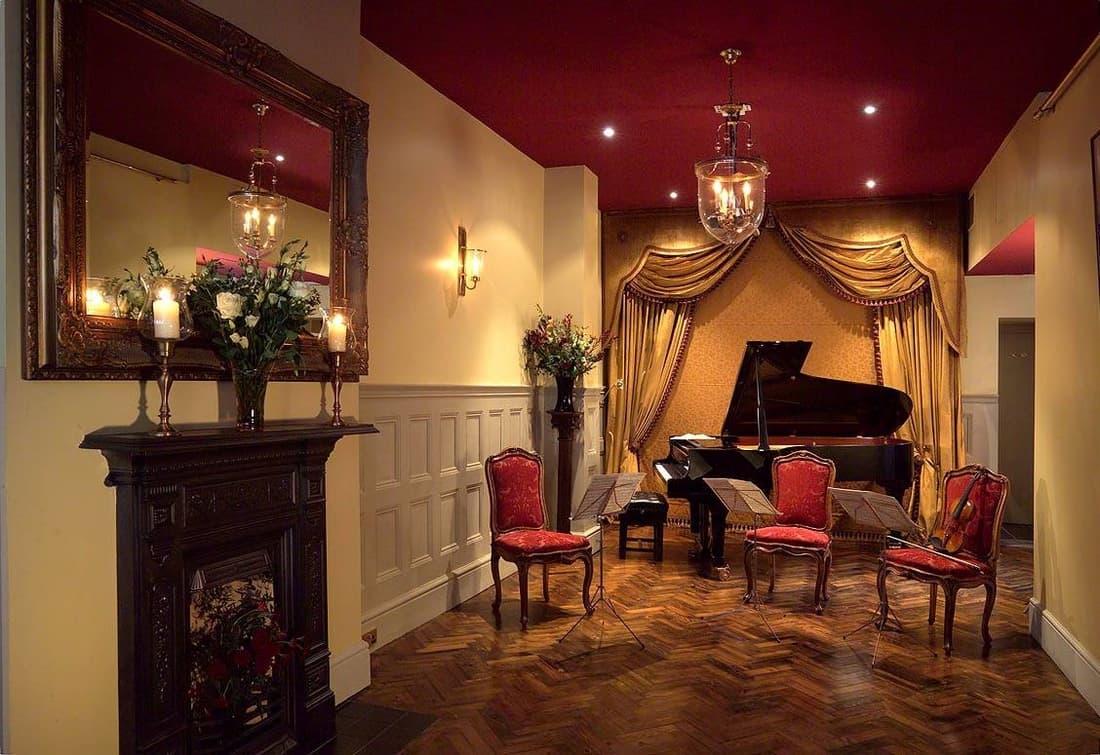
1901 Arts Club
In the realm of live music, small concert venues serve as magical spaces to create a unique connection between performers and audiences. While grand concert halls have their place, it is within the intimate confines of these smaller places that a profound and transformative musical and emotional experience unfolds.
Such places are often not purpose-built music venues but simply small spaces which lend themselves to a more intimate concert experience. They may be converted churches, a former schoolhouse (the 1901 Arts Club in London, for example), a café, a river barge, or even someone’s home. Music presented in such settings is also a reminder of how music was performed up until the mid-19th century, when performers like Franz Liszt and Clara Schumann transformed the intimate concert into the rather grander, large-scale affair which we understand today.
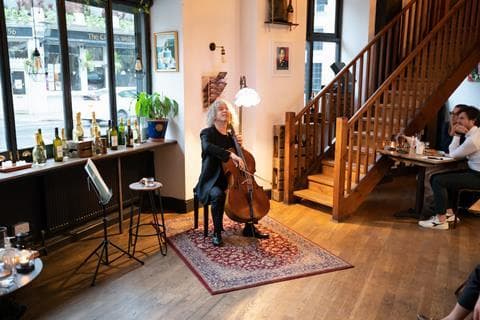
Steven Isserlis performing at Fidelio cafe
Small venues provide an unparalleled level of intimacy that is often absent in larger venues. The close proximity of the audience allows for a more immediate and personal connection between performers and listeners. Musicians can see and feel the energy of the listeners, creating a symbiotic relationship where the audience’s response fuels the performer’s passion. This intimate connection can foster a sense of vulnerability and authenticity, enhancing the overall experience for both parties.
Robert Schumann: Fantasie in C Major, Op. 17 – III. Langsam getragen (Giuseppe Rossi, piano)
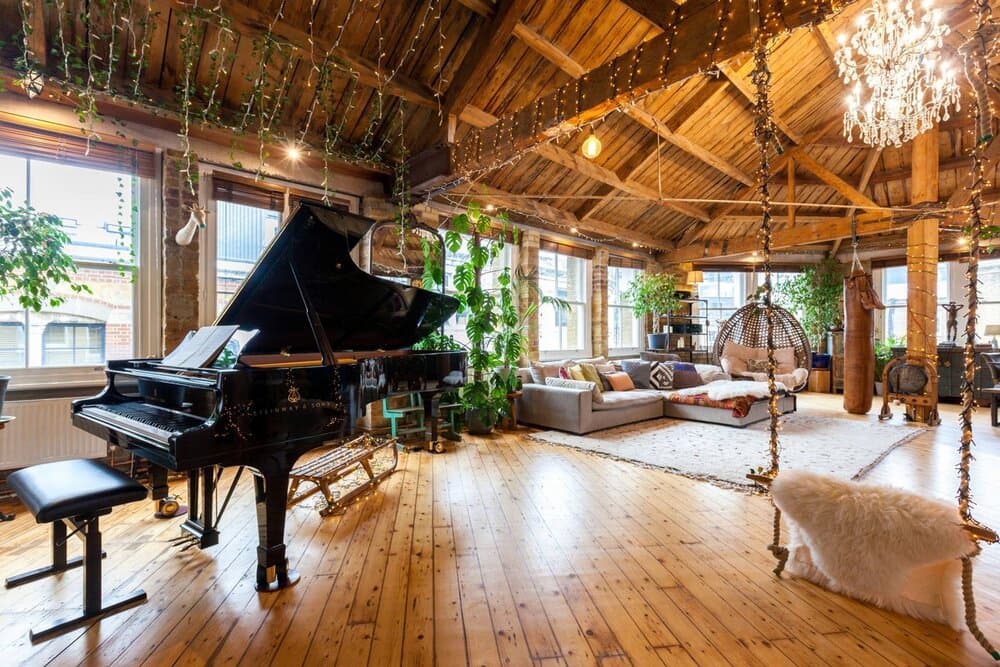
Treehouse Shoreditch
In smaller concert venues, performers have the freedom to express themselves authentically and with spontaneity. These venues often attract artists who prioritize creative exploration and experimentation over commercial success. Artists feel more comfortable taking risks and showcasing their true artistic vision, as they are performing for a receptive and engaged audience who appreciates the rawness of their craft. The absence of overwhelming production elements, such as special lighting or stage setting, encourages musicians to rely on their talents and ability to communicate which creates a genuine and organic musical experience.
For the audience, there is a heightened sense of engagement: they are not mere spectators but active participants in the unfolding narrative of the performance with more direct interaction with the musicians, a non-verbal ‘conversation’, as it were, which creates a sense of community and shared experience that is deeply gratifying for both performers and audiences alike. Audiences can get ‘up close and personal’ with music and musicians, watching the musicians interact with one another through eye contact and gestures, and actually witnessing music being created ‘in the moment’.
Charles Owen Performing Liszt at Fidelio Orchestra Café
Small concert venues can also act as breeding grounds for emerging artists and composers, and the discovery of new, lesser-known, or rarely-performed repertoire. These intimate spaces provide a platform for performers to showcase their talent and gain exposure. Audiences, in turn, have the opportunity to discover hidden gems and witness the growth of rising stars firsthand. The sense of discovery and being part of an artist’s journey adds an element of excitement and exclusivity that is often absent in larger or more commercial venues.
Above all, the atmosphere in a small venue can be truly memorable. The intimate setting creates a special ambiance of a shared, often transformative, or immersive experience that resonates long after the performance ends.
For more of the best in classical music, sign up for our E-Newsletter

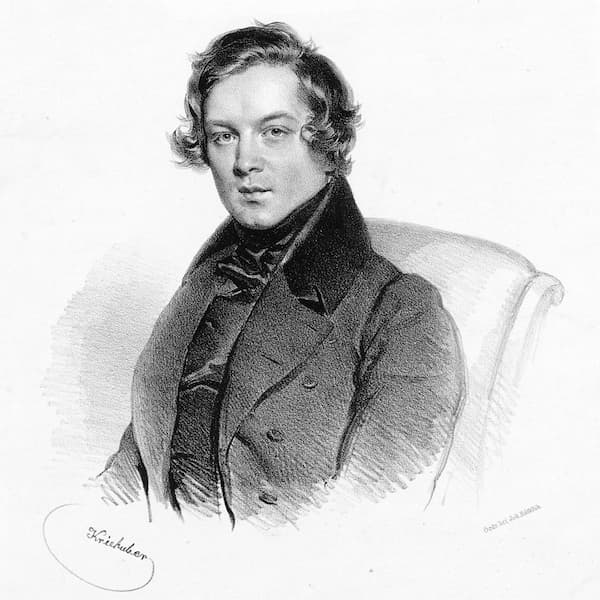
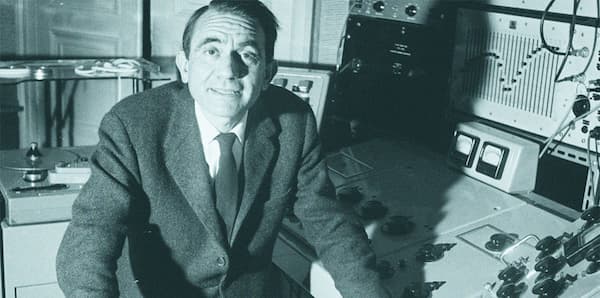
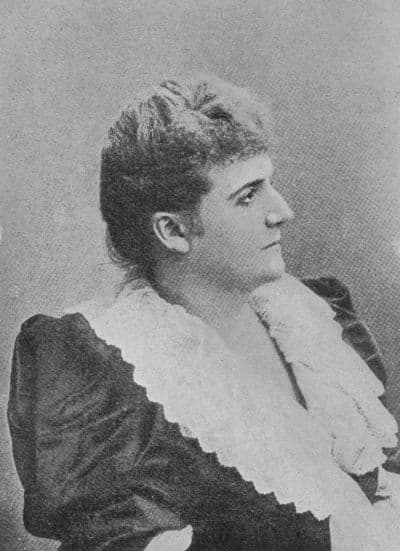

Here in Boston there‘s an online based organization, “Groupmuse,” which facilitates performance in private homes at very reasonable prices. It is wonderful to hear music, especially “chamber music ,” in the kind of space for which it was created. As you wrote, the experiences are intimate, illuminating, and spontaneous. And, since we’re in Boston, the caliber of the artists is often stunning. Thank you Groupmuse for breathing new life into the classical music experience!